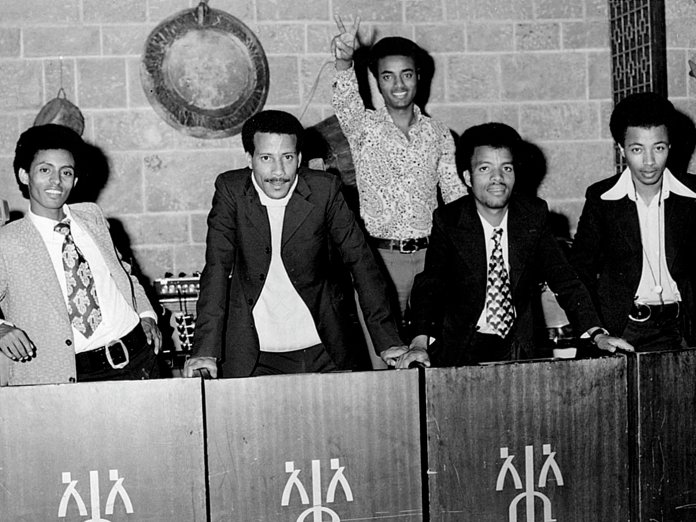Prior to 2013, organist and composer/arranger Hailu Mergia was a sixtysomething cab driver in Washington DC whose high profile on Ethiopia’s popular music scene of the 1970s had long since faded. But the recovery of his 1985 solo (largely accordion) album by Awesome Tapes From Africa’s founder Brian Shimkovitz and its reissue in 2013 led to a career revival. Five years later, Mergia started touring again and even released a new solo record, his first in more than 30 years. The label re-released Mergia and the Walias’ second album, 1977’s Tche Belew, in 2014 and has now blown the dust off their extremely rare debut from two years before.
- ORDER NOW: The August 2021 issue of Uncut
At this point Mergia is far from unknown beyond Ethiopia. He’s perhaps the jewel in Awesome Tapes’ crown, and although issues of colonialism and cultural appropriation can swirl around such archival labels, Shimkovitz is transparent in his interviews and has expressed his discomfort with the word “discovery” being used in relation to the original recordings. What’s undeniable is that these reissues have spread the music to an infinitely wider audience.
Tezeta landed at a formative moment of Mergia’s career. Originally a cassette-only release on the band’s own label, it consists of nine instrumental takes on Ethiopian popular songs and standards and sits at the intersection of jazz, Afrobeat and funk, with elements of soul, R&B and country threaded through. They’re dominated by Mergia’s distinctive organ sound: insistently rhythmic and seductively otherworldly, its effect is often of endless rippling, a style likely developed in the all-night sessions the band played during their long residency at Addis Ababa’s Hilton hotel.
The lineup features tenor and alto saxes, trumpet, flute and piano – all unshowy ensemble players – alongside guitar, bass, drums and Mergia’s organ and synth. Though his keys style is very much his own, his admiration of Booker T Jones is apparent throughout; were it not for Mergia’s bubbling handiwork and the highlife guitar tone, Zengadyw Dereku could be a slice of vintage Memphis soul, while Endegena is something Matthew E White might admire.
There’s a space-age, quasi-pop treat in the attenuated Gumegum, best known in the version recorded by acclaimed Ethiopian singer Hirut Bekele, some brilliantly lyrical sax phrasing on the Fela-ish Atmetalegnem Woi and a lustrous, double-time waltz with whammy guitar in Ou-Ou-Ta. Occasionally, as on closer Aya Belew Belew, an arrangement hints at what’s not there, namely a vocal, but those instrumental fills sound vital and substantive.
There’s already ample evidence out there, but Tezeta underlines Mergia’s standing as an elder statesman of modern Ethiopian music and the Walias Band as much more than mere sidemen.



